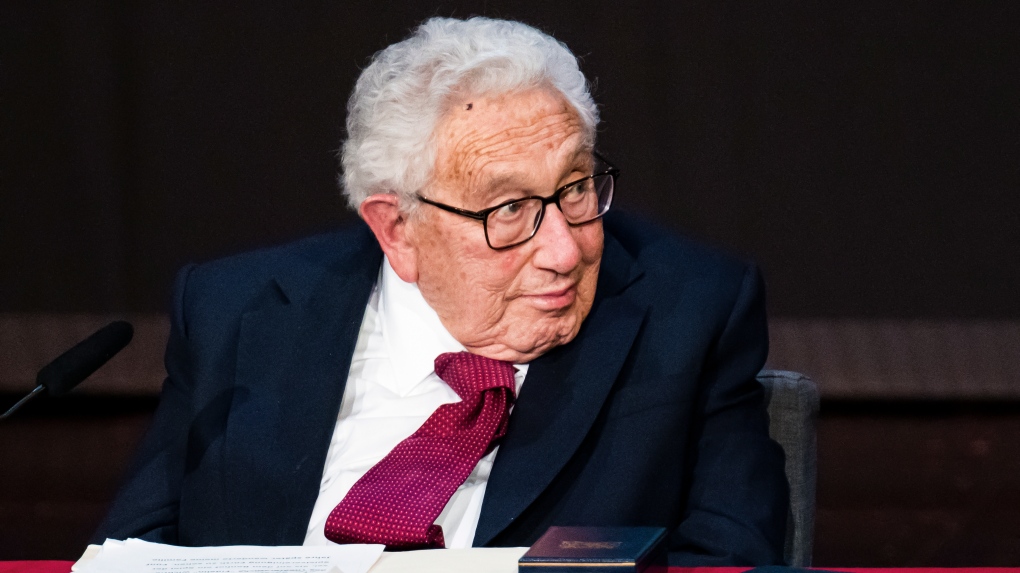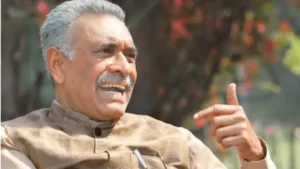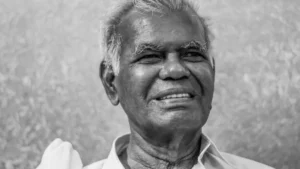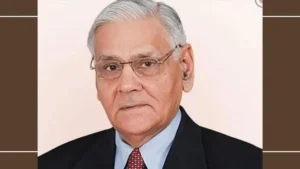Henry Kissinger, a towering figure in American foreign policy, passed away on November 29, 2023, at the age of 100. He served as the United States Secretary of State under Presidents Richard Nixon and Gerald Ford, and played a pivotal role in shaping US foreign policy during the 1970s.
Kissinger’s Early Life and Career
Kissinger was born Heinz Alfred Kissinger in Fürth, Germany, on May 27, 1923. His family fled Nazi Germany in 1938, and he immigrated to the United States. After serving in the US Army during World War II, he studied at Harvard University, earning a doctorate in government in 1954.
Kissinger entered government service in the 1960s, serving as a consultant to the National Security Council and the Council on Foreign Relations. He also taught at Harvard University and Columbia University.
Kissinger’s Tenure as Secretary of State
Kissinger was appointed National Security Advisor in 1969, and he became Secretary of State in 1973. He held this position until 1977.
During his tenure, Kissinger played a key role in several major foreign policy initiatives, including:
- The opening of relations with China
- The SALT I arms control agreement with the Soviet Union
- The Paris Peace Accords, which ended the Vietnam War
Kissinger was a controversial figure, and his legacy is complex. He is praised for his intelligence, his diplomatic skills, and his achievements in foreign policy. However, he is also criticized for his support of authoritarian regimes and his role in the Vietnam War.
Kissinger’s Later Life
After leaving government service, Kissinger remained active in public life. He wrote several books, founded a consulting firm, and continued to comment on foreign affairs. He also served on the 9/11 Commission.
Kissinger died on November 29, 2023, at the age of 100. He is survived by his wife, Nancy, and his two children.
Conclusion
Henry Kissinger was a complex and controversial figure who left a lasting mark on American foreign policy. He was a brilliant diplomat and a skilled negotiator, but he was also a pragmatist who was willing to make difficult decisions. His legacy will continue to be debated for years to come.
Additional Information
- Kissinger was awarded the Nobel Peace Prize in 1973 for his role in the Paris Peace Accords.
- Kissinger was accused of war crimes for his role in the Vietnam War and the Chilean coup d’état.
- Kissinger was a major proponent of the “realist” school of foreign policy, which emphasizes national interest and power politics.
Important Questions Related to Exams
Question 1: What were some of the awards and honors that Henry Kissinger received?
Solution: Henry Kissinger was awarded the Nobel Peace Prize in 1973 for his role in the Paris Peace Accords. He was also awarded the Presidential Medal of Freedom in 1977.




 T.K. Oommen Passes Away at 88: A Pillar ...
T.K. Oommen Passes Away at 88: A Pillar ...
 A Century of Struggle: CPI Veteran R Nal...
A Century of Struggle: CPI Veteran R Nal...
 End of an Era: Steel Veteran Jatinder Me...
End of an Era: Steel Veteran Jatinder Me...








